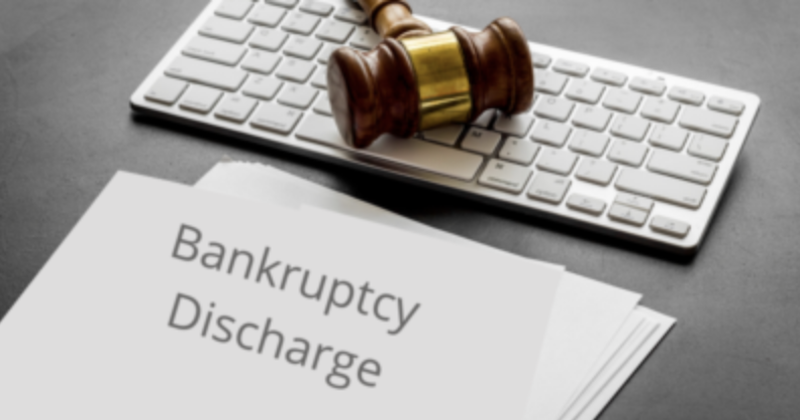Bankruptcy Blog
Looking for something specific? Search articles by our Seattle Bankruptcy Attorneys below.
Best Practices For Crafting A Leave of Absence Policy In The Age of COVID-19
Employers are faced with more sick workers who need to take a leave of absence for weeks (and in some cases months). How can businesses ensure that their leave policies are appropriate for our current challenges and equitable to all employees?
Tips and Strategies For Getting PPP Loan Forgiveness
Qualifying borrowers may get up to100% of their loan forgiven if they meet the requirements set by the Small Business Administration (SBA). Here’s a closer look at what strategies you should implement if you want your PPP loan forgiven.
5 Tips for Businesses Who Want to Apply for the New Round of Working Washington Business Grants
Here are 5 Tips for Businesses Who Want to Apply for the New Round of Working Washington Business Grants
The Future of Commercial Real Estate: Boom or Bust?
How might the pandemic lockdowns have a long-term effect on the commercial real estate market? We’ve got a few theories … all speculation, of course.
What Happens If I Spend PPP Funds On Unauthorized Expenses?
What happens if the borrower spends the money on “unauthorized” expenses? Is there more to it than repaying the loan? Does it matter what it was spent on, or are all unauthorized uses treated the same?
Negotiating and Documenting Rent Relief
Negotiating and documenting rent relief isn't something most business owners do frequently, so I'd like to offer my advice as an expert in negotiating leases.
Tips for Franchise Business Owners Facing Pandemic Restrictions
For the small franchise business owner, it’s imperative to develop and implement strategies that allow you to operate at an optimal level even as the pandemic continues.
Force Majeure, Bankruptcy and Rent Relief During the COVID Pandemic
Governmental shutdowns to curb COVID could be considered a Force Majeure event and give business a valid reason to suspend contractual obligations.
EIDL Loan Applications Reopen
EIDL applications reopened from all qualified small businesses, including agricultural businesses, and non-profit organizations but you must move quickly.
Bankruptcy and the Impending Increase in Evictions
The economic crisis associated with the global pandemic is likely to result in extremely high numbers of both household and commercial evictions.
The Discharge: The Chapter 7 Bankruptcy Process
For the individual debtor, the desired result of Chapter 7 bankruptcy is the discharge order.
The Creditors: The Chapter 7 Bankruptcy Process
All Chapter 7 bankruptcy creditors may file proofs of claim with the court clerk evidencing the amount owed them.
The Trustee’s Activities: The Chapter 7 Bankruptcy Process
The trustee’s main role is to review the debtor’s schedules for nonexempt assets and, if appropriate, to liquidate those assets.
Financial Education: The Chapter 7 Bankruptcy Process
Individual Chapter 7 bankruptcy debtors are required to take a course in financial education subsequent to filing and prior to discharge.
The Meeting of Creditors: The Chapter 7 Bankruptcy Process
The meeting of creditors is required by Code. All debtors are required to attend, and cannot get a discharge without attending.
Filing: The Chapter 7 Bankruptcy Process
Upon Chapter 7 bankruptcy filing, the case will be assigned a case number, bankruptcy judge, and panel trustee.
Rent Relief: How To Renegotiate Your Business Rent During the Pandemic
Tips and Guidance for Small Business Owners to Request Rent Relief and to Renegotiate Your Lease Due to COVID
Credit Counseling Certificate: The Chapter 7 Bankruptcy Process
The Chapter 7 bankruptcy individual debtor is required to obtain a certificate of completion of a course of credit counseling prior to filing.
The Schedules: The Chapter 7 Bankruptcy Process
Debtor’s counsel, working with the debtor, will prepare the bankruptcy petition and all supporting schedules and statements.
Pre-Filing + Information Gathering: The Chapter 7 Bankruptcy Process
At the initial interview, the lawyer should discuss with the client the various options available: 7, 11, 13, or not filing. The option of not filing should be explored fully. Bankruptcy should always be a last resort.





















